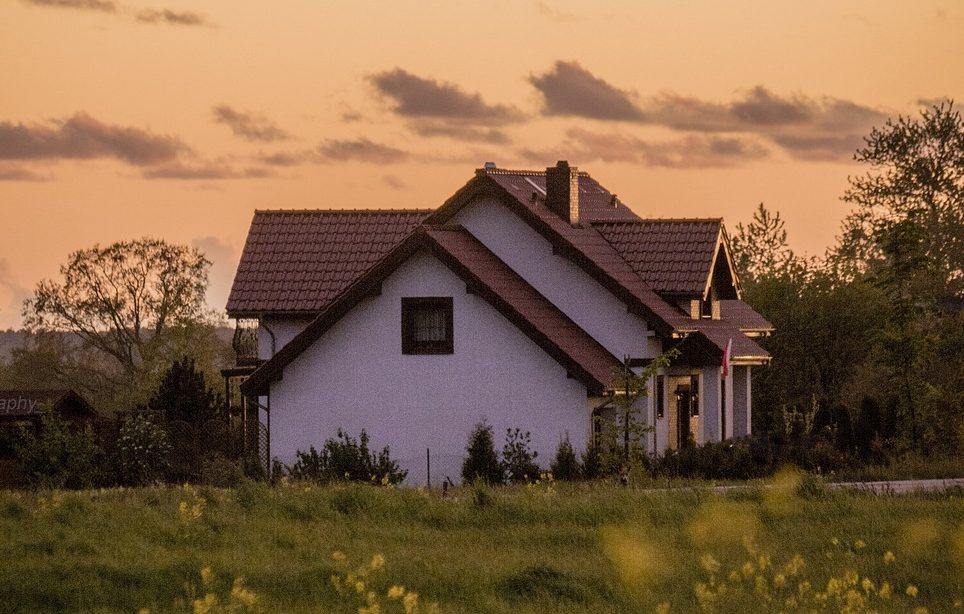What happens to my estate if I get taken into care?
You will have been visited by Social Services, who will inform your Local Authority that you can no longer look after yourself. The Local Authority then decide where you will be placed and will be responsible for the payment of your care. So far so good… The next stage, however, is the council determining how they will get the costs back from you. If your total capital (including property) is above £14,250 then you will be paying the council until your funds reduce to this amount.
Further statistics to consider. The average care home charges £50,000 per year for your care (data taken in 2021 by Age Concern). Approximately 70,000 people were forced to sell their homes to pay for care costs in 2021. As many as 2/3rds of 45–65-year-olds have made no financial provision to pay for long term care or protect their assets. And finally, most scary of all, it is projected that up to 1 in 2 of us will need to go into care (data from Help the Aged), no doubt as a result of our longer life expectancy.
Is there anything I can do about this?
You can set up a Family Protection Trust and transfer all your property and savings into this. However, we would need to assess your personal situation to ensure this is a viable option for you. Our interests lie in protecting your assets and ensuring as much as possible is left to your beneficiaries rather than the state.
Are there any other options available to me?
Yes there are, but these are not as effective and are more risk averse. Your options would be:
- Do nothing and leave it to chance that you will not require any form of care before you die.
- Distribute your wealth amongst your family now. This option carries considerable risks as it may leave your family liable for large Capital Gains Tax Bills and as a result of your donations they may no longer be entitled to any benefits they currently receive. You may find your early generosity will also spark family fall outs.
- Set up an Annuity Plan to cover the Care fees potentially due. This policy will vanish on death and the biggest risk is if you die within a few months of the policy’s inception. It may be possible to insure against this. Speaking to a qualified FSA Financial Advisor should give you a clearer picture of the advantages and disadvantages.
- Setting up a Trust in your Will that is set up on first death. Probably the next best solution as it is proven and cost effective. However, only the assets placed in the trust are guaranteed so the survivors share would still be left at risk.
What are the benefits for me if I set up a Family Protection Trust?
- You won’t have to pay Probate Fees on most of your assets in the trust that you would otherwise have had to pay for when you die. So, for example, if your estate is worth £250,000, the 3% Probate fee would be £7,500, unarguably a significant saving.
- Because your assets are contained in the trust, on your death they can be distributed quickly and easily following the instructions left in your Will. This will save the time taken by the Probate process.
- If your beneficiaries choose, they could retain some of your estate in the trust, for example, if a son or daughter may spend the money unwisely (possibilities include drug or alcohol addiction or a gambling problem).
- Finally, your Will may be contested under the 1975 Inheritance (Provisions for Family and Dependants Act), a Trust cannot be contested so you can be secure in the knowledge your estate will be distributed as you wish.
